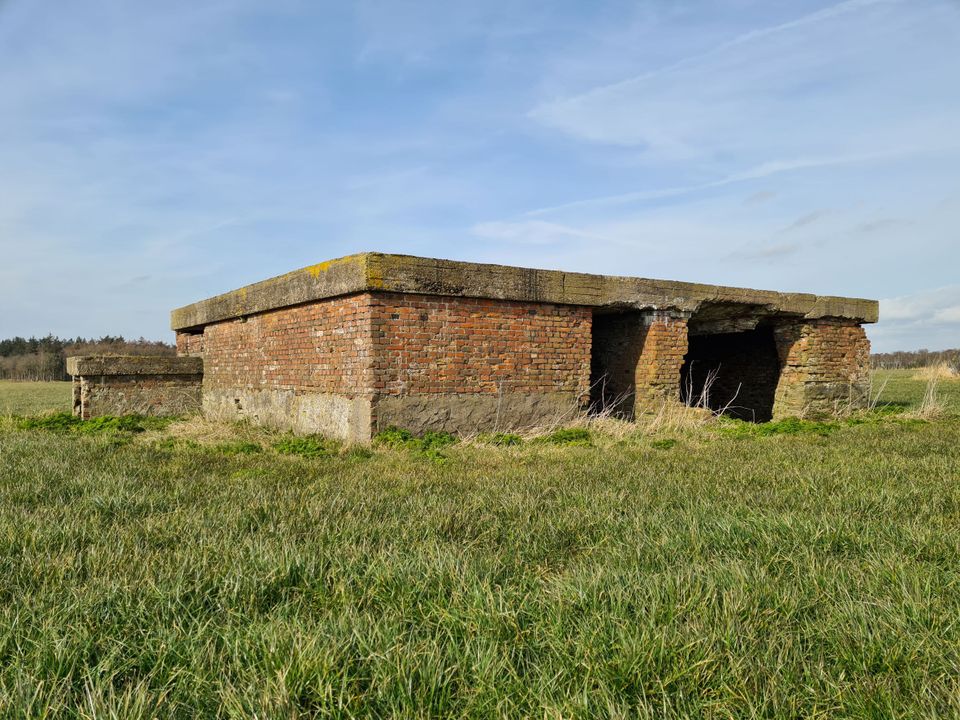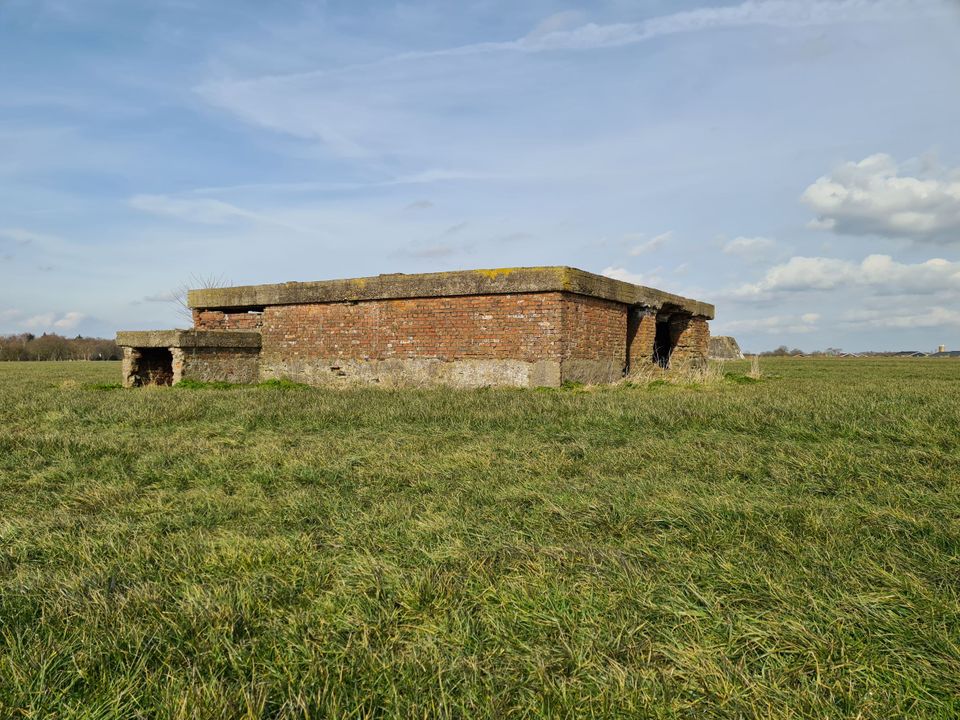Radar station Sondel
Sondel
In the early 1940s, German air defense consisted of a belt of floodlights and anti-aircraft guns. To intercept the Allied bombers, a covering system of radar stations from Norway to the south of France was constructed. A radar station was also built.
Take a look
In the early 1940s, German air defense consisted of a belt of floodlights and anti-aircraft guns. To intercept the Allied bombers, a covering system of radar stations from Norway to the south of France was constructed. A radar station was also built at Sondel.
From the end of 1941, the Germans worked feverishly on a radar station in Gaasterland. The location chosen was an area 7 meters above NAP near the village of Sondel, an ideal location for a radar station. According to the stories, the name Eisbär was chosen because it was very cold during the construction period in February 1942, it froze 16 degrees. Due to the high snow dunes, the first material trucks could hardly reach Sondel.
'Kampf Eisbar' was given two radars, two antiaircraft positions and an installation for listening devices. The radar station was secured with combat positions and barbed wire barriers. Initially wooden barracks were placed for the crew, these were later replaced by concrete bunkers. These bunkers were built by Dutch workers.
The received signals were passed on from the radar station to the German air base in Leeuwarden. From this base German fighter planes would take off to intercept the Allied bombers during their flight to Germany. Just before the liberation on April 17, 1945, 'Kampf Eisbär' was abandoned by the Germans.
Also listen to the audio story of the radar station Sondel on the website of the Liberation Route Europe:
Here you will find Radar station Sondel
Restanten van het radarstation op het perceel van Siemen SminkNoorderreed 22
8565 GP Sondel Plan your route
from your location




